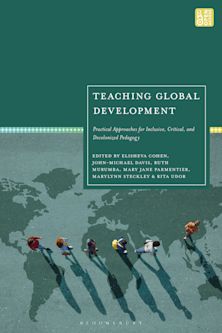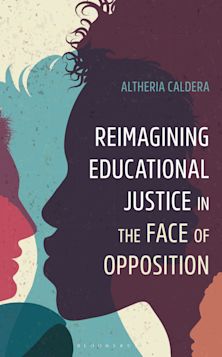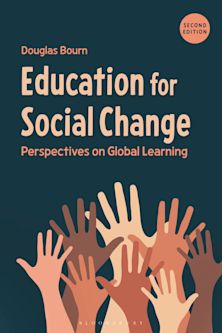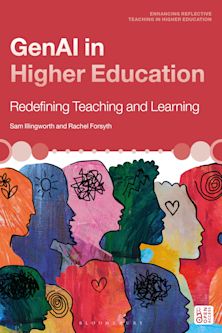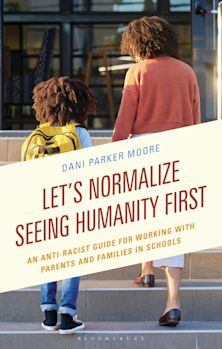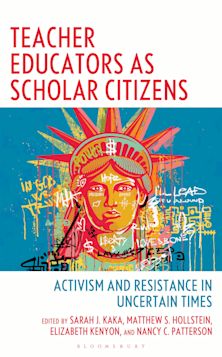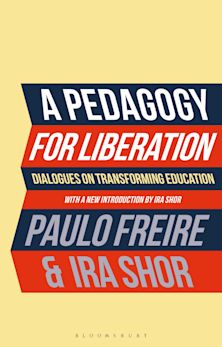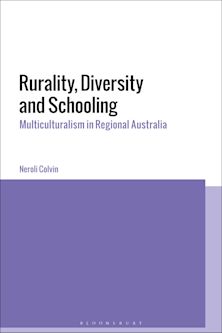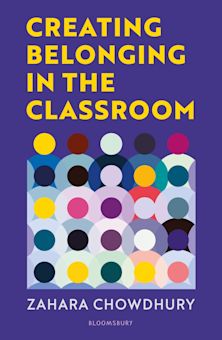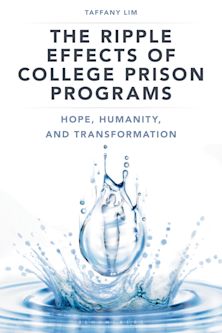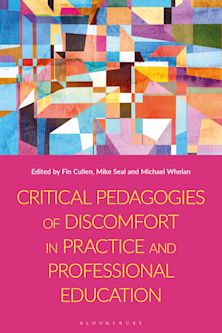Grading Justice
Teacher-Activist Approaches to Assessment
Grading Justice
Teacher-Activist Approaches to Assessment
This product is usually dispatched within 1 week
- Delivery and returns info
-
Free US delivery on orders $35 or over
Description
In Grading Justice: Teacher-Activist Approaches to Assessment, new and seasoned teachers are invited to engage with socially-just approaches of assessment, including practices aimed at resisting and undoing grading and assessment altogether, to create more democratic grading practices and policies, foregrounding the transformative potential of communication within their courses. The contributions in this collection encourage readers to consider not only how educators might assess social justice work in and beyond the classroom, but also to imagine what a social justice approach to grading and assessment would mean for intervening into unjust modes of teaching and learning. Educators wishing to explore critical modes of grading and assessment, grounded in social justice, will find this book a timely and relevant pedagogical guide for their teaching and scholarship.
Table of Contents
Acknowledgments
Introduction: Grieving (Un)Grading (In)Justices
Kristen C. Blinne
1- Rhetoric of Grades: Evaluating Student Work and Its Consequences
David Deifell
2- Mobilizing a Critical Universal Design for Learning Framework for Justice Minded Course Design and Assessment
Mark Congdon Jr. and Allison D. Brenneise
3- Honoring Viviencias: A Borderlands Approach to Higher Education Pedagogy Justice
Leandra H. Hernandez and Sarah De Los Santos Upton
4- Walking the Tightrope: Navigating the Tensions of Teaching and Grading Communication Content Inside and Outside the Discipline
Juliane Mora
5- Student-Activist Mentor Letters as a Form of Social Movement-Building in Communication Activism Pedagogy
David L. Palmer
6- Love Letters Gone Wrong: Complicating the Romantic Ideal of Democratic Processes in the College Classroom
Londie T. Martin and Kristen A. McIntyre
7- Are We Just Grading or Grading Justly?: Adventures with Non-Traditional
Assessment
Product details
| Published | Jan 11 2021 |
|---|---|
| Format | Hardback |
| Edition | 1st |
| Extent | 378 |
| ISBN | 9781793609557 |
| Imprint | Lexington Books |
| Illustrations | 2 b/w illustrations;8 tables; |
| Dimensions | 9 x 6 inches |
| Series | Critical Communication Pedagogy |
| Publisher | Bloomsbury Publishing |
Reviews

ONLINE RESOURCES
Bloomsbury Collections
This book is available on Bloomsbury Collections where your library has access.













